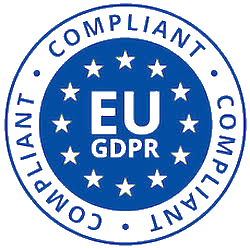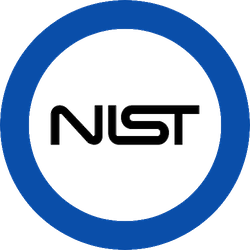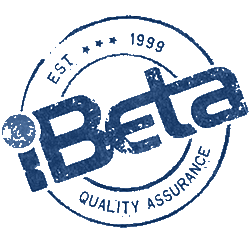In the digital communications and monetary transactions era of continuous evolution and modernization, the protection of users’ identities is given an even higher priority. Knowing Your Customer (KYC) becomes the other vital tool in this process. This post talks about the importance of Identity Verification KYC in building a future that is more secure in a digital world.
The Evolution of Identity Verification KYC
Traditionally, identity verification relied heavily on physical documents, such as passports, and license codes, documents per utility account. Nevertheless, as the communication and use of the digital world expanded and extended, this traditional method turned out to be no longer the best to use against stealing identity and fraud. It gave rise to the act of KYC, through which the identity of individuals can be verified by availing of high tech due to the emergence of the digital world.
The Key Components of KYC:
- Document Verification:
The individuals participating have to scan their government-issued identity papers (like passports, driver’s permits, or national identification cards). AI-powered OCR programs scan relevant information from these documents by utilizing highly sophisticated software and optical character recognition technology.
- Biometric Verification:
The biometric data like fingerprints, facial recognition, or speaking voice points are taken and compared to the document data that an applicant is provisioning. It takes the final step by verifying that the transaction was initiated by a legitimate account holder, adding an additional layer of security that helps mitigate impersonation and fraud.
The Importance of KYC for Businesses
KYC (Know your Customer) is ardently the required procedure for businesses operating today in the digital environment. In this regard, Accura Scan’s Identity Verification Solutions for businesses are of paramount significance. Here are key aspects highlighting the significance of Identity Verification KYC for businesses:
- Fraud Prevention:
KYC, by the same token, becomes an indispensable instrument for the detection of fraudulent activities, and businesses identify their customers before transactions are conducted.
Through a thorough examination of customer data by using document checking as well as biometric authentication, businesses can identify and remediate fraudulent actions, leading to financial and reputational losses.
- Risk Mitigation:
KYC is a method by which businesses catch on to the risk level related to each client by implementing a thorough investigation process. Knowing customer attributes and payment habits allows for the development of risk-oriented tactics, which only need to be adjusted if a new customer or another risk factor is discovered.
- Building Trust and Reputation:
Customers are likely to be encouraged and trust the company with their personal information through the easily identifiable, transparent, and robust KYC Verification Services, which underline the value of the customers’ safety and privacy. The reputation of the company that puts security and compliance first will be a tool for gaining a competitive edge, as its customers will be more attracted to doing business with them.
- Data Security and Privacy:
Such cases of data breaches, which have recently become the focal point of the airwaves, contribute to the rise in customers’ general awareness of the issue of the loss of their privacy. Besides, KYC pillars can effectively block breaches. They are also a yardstick for the level of client data protection and invite and strengthen trust.
- Preventing Account Takeovers:
These takeover accounts can be stopped by adding more KYC checks at a higher level. Because fraudsters would have more difficulty stealing customer data. Proving that there is a multilayer checkpoint process, which involves biometric authentication and internal review of different documents, ensures high security and avoids the access of unauthorised persons.
- Global Business Expansion:
Adhering to the KYC requirements will certainly facilitate trading worldwide as the company will be locally compliant with the norms of the international trading industry. A number of countries strive to strengthen KYC while crossing borders, and by the countries that give KYC a priority, regulations can easily be manipulated without contradiction. Therefore, these countries get a chance to spread their reach at the expense of rules’ integrity.
The Future of KYC:
Artificial Intelligence, blockchain technology, and machine learning seem like recent additions to KYC Verification Services, but the bright future seems to be all about digitization and automation of transactional procedure detection.
- Machine Learning and AI:
The intelligence of an algorithm will be multiplied through the basic trends, and in that way, it will be able to act more correctly in marking those that depict the actual qualities of human identity.
- Blockchain Technology:
It can be explained that using Blockchain as a distributed and secure platform will make it unnecessary to centralise data storage, and through that, it is possible to authenticate identity details without running the risk of data breakup.
The Bottom Line
In a world where digital interactions among users are the norm, the quality of identity security should be the primary issue. Identity Verification KYC by Accura Scan not only has a shielding effect against identity theft and clogging processes, but also, this protocol keeps the regulations in a lawful way. As technology moves ahead, the use of AI, machine learning, and blockchain for KYC will make better systems that are more secure and able to tolerate risks and for that reason, a stable, well-functioning worldwide economy is formed on trust and transparency.


























